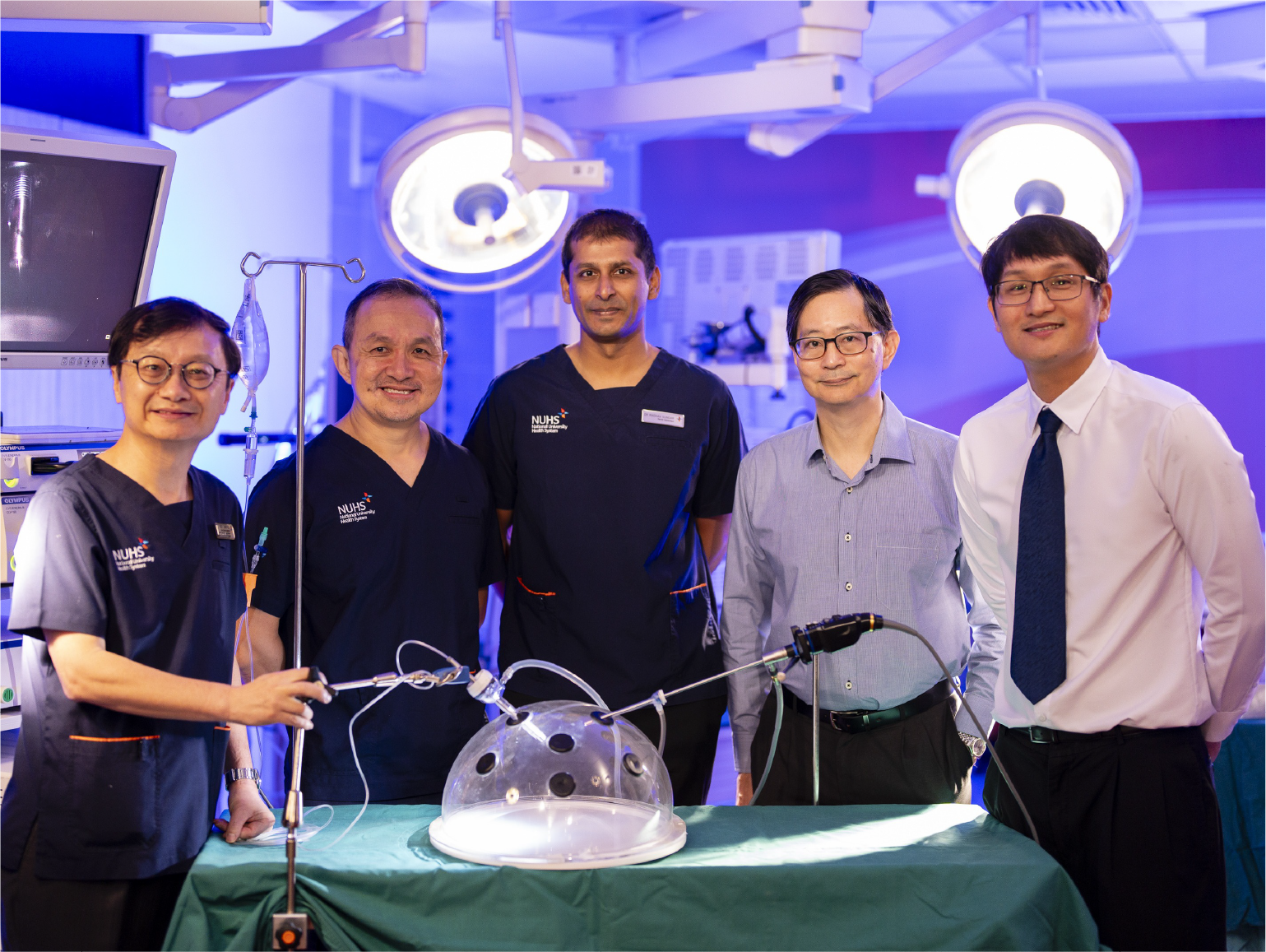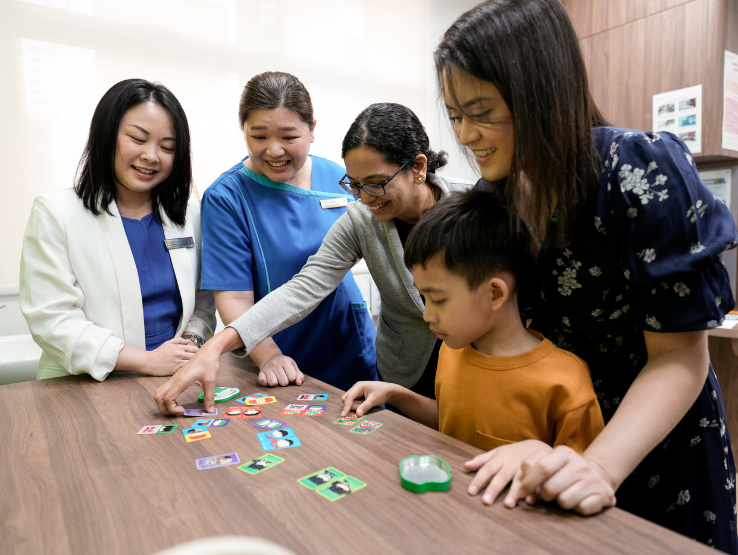NUHS Institutions will NEVER ask you to transfer money or disclose bank details over a call.
If in doubt, call the 24/7 ScamShield helpline at 1799, or visit the ScamShield website at www.scamshield.gov.sg.

-
Patient Care
Our InstitutionsPatients' and Visitors' Information
-
Research
- Education
- Care in the Community
- Giving
- Careers
-
About NUHS
Newsroom
- I Want To



















